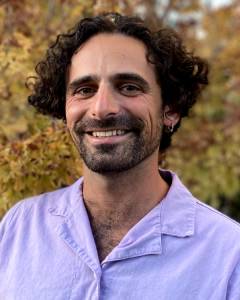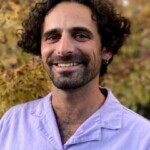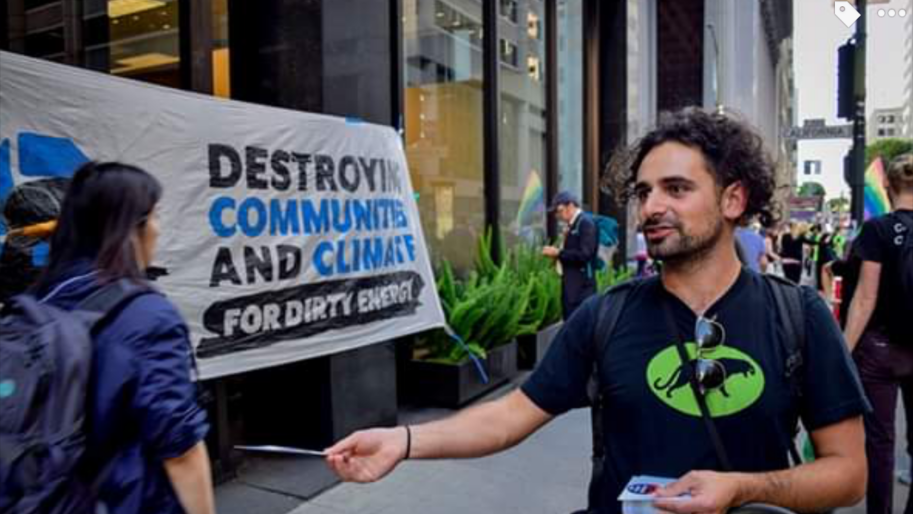I am a child of California and my connection to the natural environment was forged from a young age across this vast state. I grew up in Southern California, splashing in the Pacific Ocean, wandering through the dry canyons of the Santa Monica Mountains, and stargazing among Joshua Trees, but I would also travel with my family each summer to Trinity County in the far north of the state. It was in these mountains, forests, and rivers — far from urban Los Angeles — that I came to feel at home in wild spaces and to understand myself (and indeed, all of humanity) as just one corner of the great tapestry of life.
My first jobs out of college endeavored to help others build the same sort of relationship with the natural world that gave so much meaning to my life. I moved to Nicaragua and led backpacking trips up the volcanoes surrounding the city of Leon as part of an ecotourism project that donated all proceeds to at-risk-youth projects in the region. I served as an AmeriCorps member in New Hampshire and led conservation service trips for low-income and refugee high school students, taking them out of post-industrial Manchester and into the White Mountains to earn money maintaining trails. When I moved back to California, I decided I wanted to be a part of advocacy that would have a bigger impact on the environment and found a job supporting cutting edge forest and climate campaigning at Rainforest Action Network (RAN).
At RAN, and at subsequent jobs in the environmental sector, I honed my intersectional understanding of the environmental issues facing the world: that environmental harm and human exploitation have long gone hand in hand, that the impacts of climate change and environmental degradation are felt most severely by the communities who have contributed to them the least, and that the environmental movement must center justice and organize a diverse coalition of people and interests in order to challenge the power structures that have led us to the climate crisis of today. Historically, environmentalism has not operated with this same set of understandings, and so I have spent the intervening years working to resource and otherwise support the environmental movement I felt we needed for a better future. To this end, I worked on the ground for Indigenous-led environmental sovereignty projects in the Amazon Rainforest and on Long Island, raised funds for pro-bono environmental litigation at Earthjustice, and supported grantmaking to grassroots conservation projects at the Rose Foundation for Communities and the Environment.
As everyone reading this surely knows, the climate crisis is the existential issue of our time and our political leaders need to be doing much more to transition our economy away from fossil fuels and draw down carbon. I believe collective visioning, organizing, and advocating is the only way that we the people can inspire the action necessary.
Today, I am very excited to be joining The Climate Center, an organization that shares this understanding, and working to grow resources for our intersectional environmental movement — away from climate catastrophe and towards a more sustainable future for everyone across our beautiful and diverse state.


